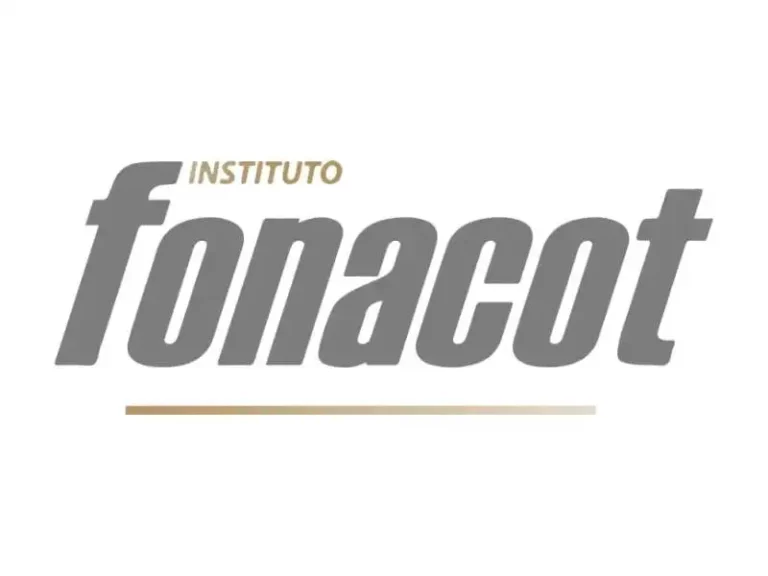
Bolsa Família is one of Brazil's best-known and most important social programs.
Created with the aim of fighting poverty and social inequality, it has a direct impact on the lives of millions of Brazilian families.
In this article, we'll explore how the program works, its benefits, who can participate and how it has changed over the years.
First of all, it's important to understand that Bolsa Família is a cash transfer program aimed at families living in poverty or extreme poverty.
Launched in 2003, during the government of President Luiz Inácio Lula da Silva, it unified other social assistance programs that already existed, such as Bolsa Escola and Auxílio Gás.
Today, the program continues to be an essential tool for reducing inequality and ensuring that families in vulnerable situations have access to minimum subsistence conditions.
Bolsa Família works through monthly payments to families enrolled in the program.
However, these payments vary according to family composition, taking into account factors such as:
In addition, the program requires counterparts, such as minimum school attendance for children and adolescents, and medical monitoring of pregnant women and children under the age of seven.
To be eligible for Bolsa Família, the family must meet the following criteria:
Bolsa Família offers various benefits, which can be classified into different categories:
The impact of Bolsa Família goes far beyond the transfer of income. It contributes to
In recent years, Bolsa Família has undergone some significant changes.
In addition, during the COVID-19 pandemic, for example, it was temporarily replaced by Emergency Aid, which covered a larger portion of the population.
In 2021, the program was reformulated and renamed “Auxílio Brasil”, with some changes to the criteria and benefit amounts.
However, in 2023, the program returned to its original name, “Bolsa Família”, maintaining its essence of serving families in vulnerable situations.
In other words, if you believe you meet the criteria to take part in the program, follow the steps below:
1. Is Bolsa Família a permanent benefit?
No, it is a social program that can be revised or changed according to government decisions.
In addition, families must continually meet the criteria to remain in the program.
2. Is it possible to receive other social benefits along with Bolsa Família?
Yes, in many cases Bolsa Família can be combined with other programs, such as the Continuous Cash Benefit (BPC).
3. What happens if I don't update my registration?
However, failure to update can lead to the suspension or cancellation of the benefit.
In short, Bolsa Família is an example of how well-structured public policies can transform the lives of millions of people.
It not only guarantees a minimum income for vulnerable families, but also promotes education, health and dignity.
Finally, if you know someone who could benefit from the program, encourage them to seek information and register.
And remember: everyone has the right to a dignified life and opportunities for a better future!